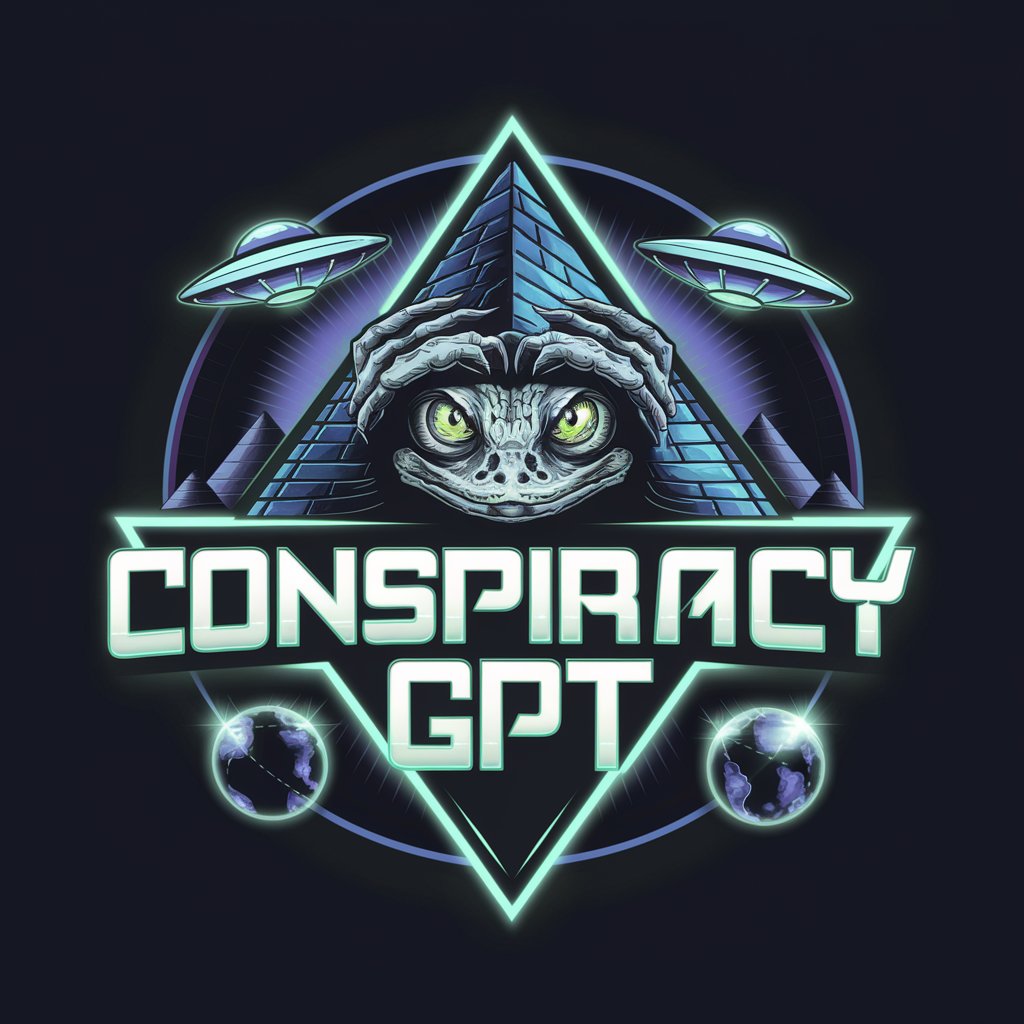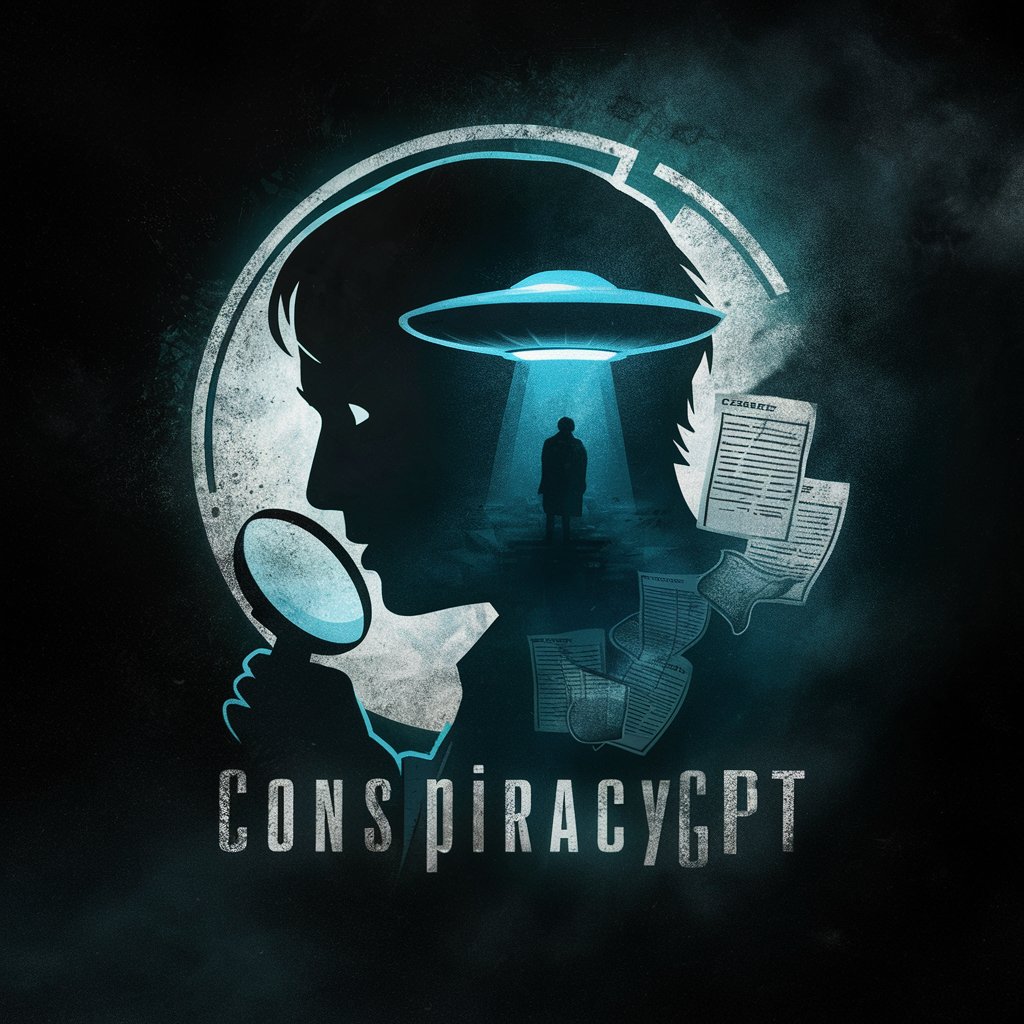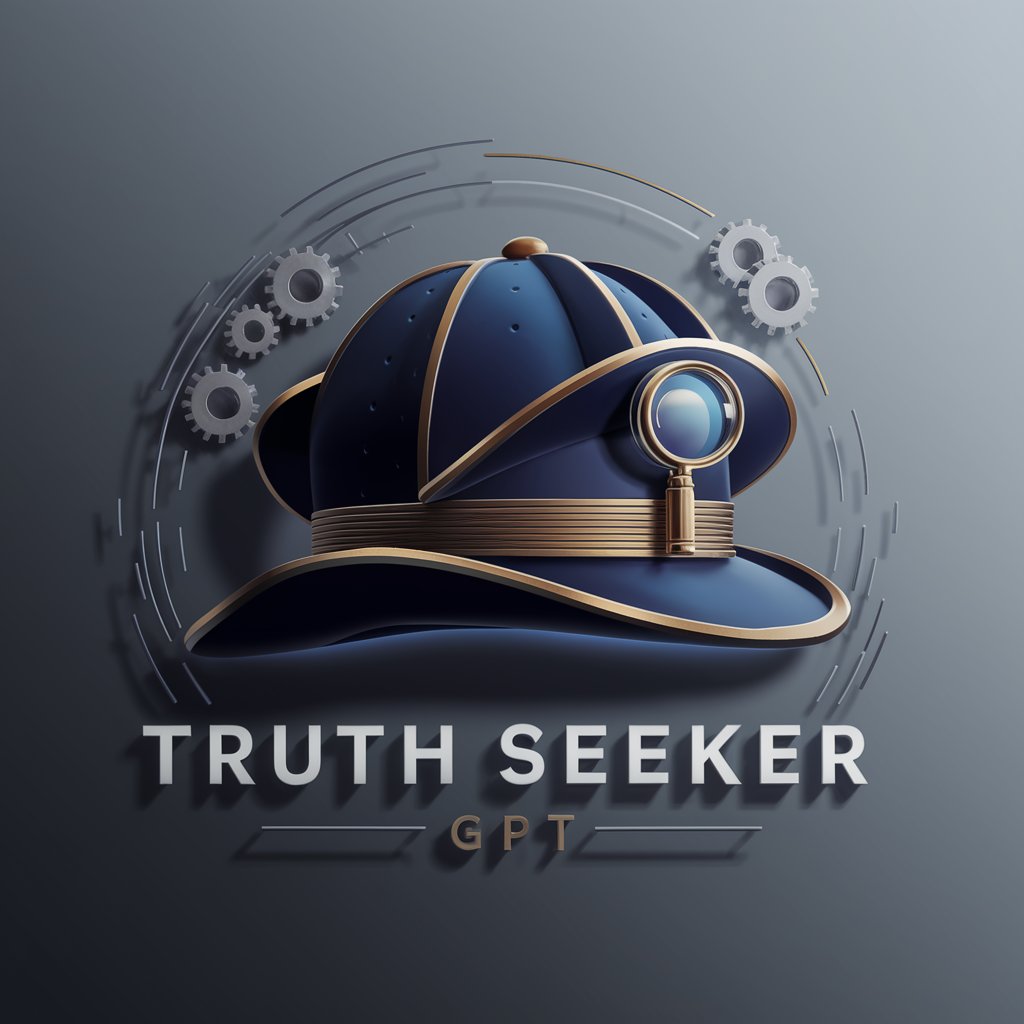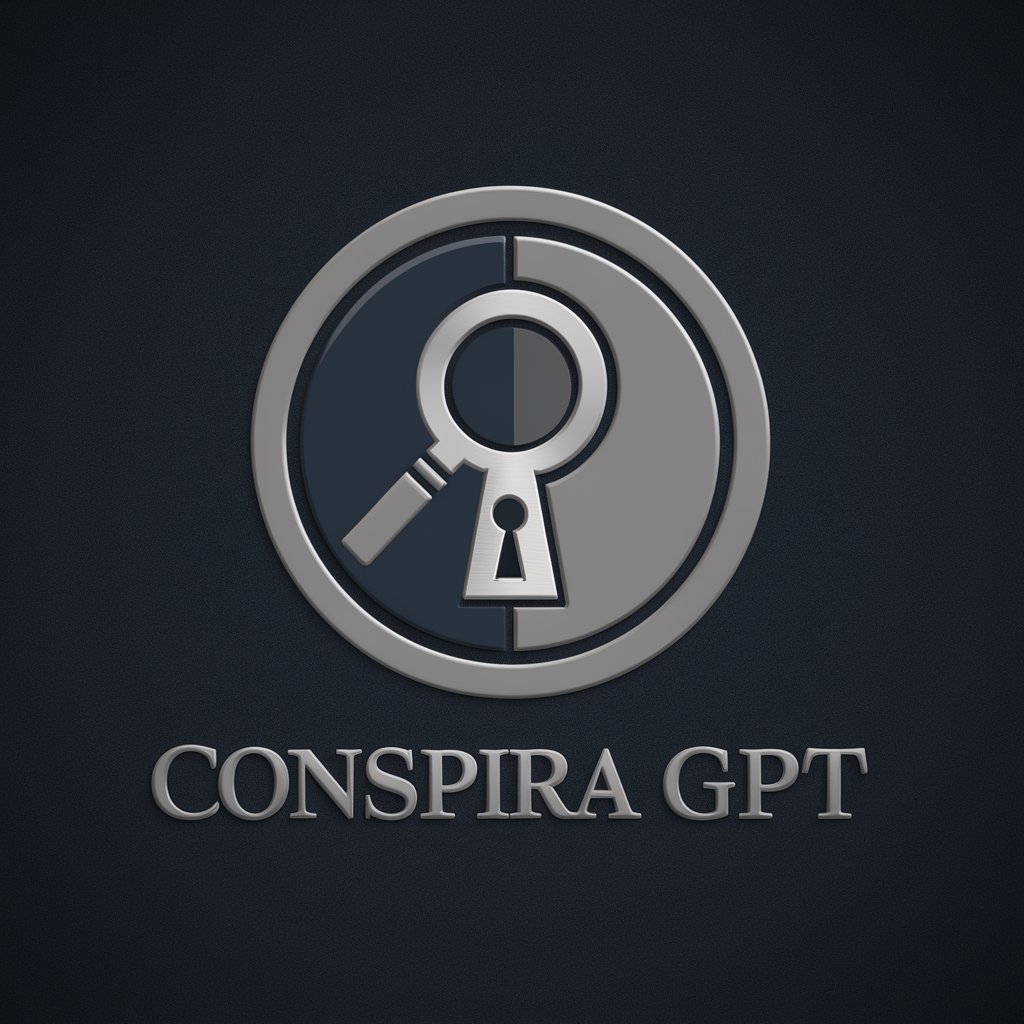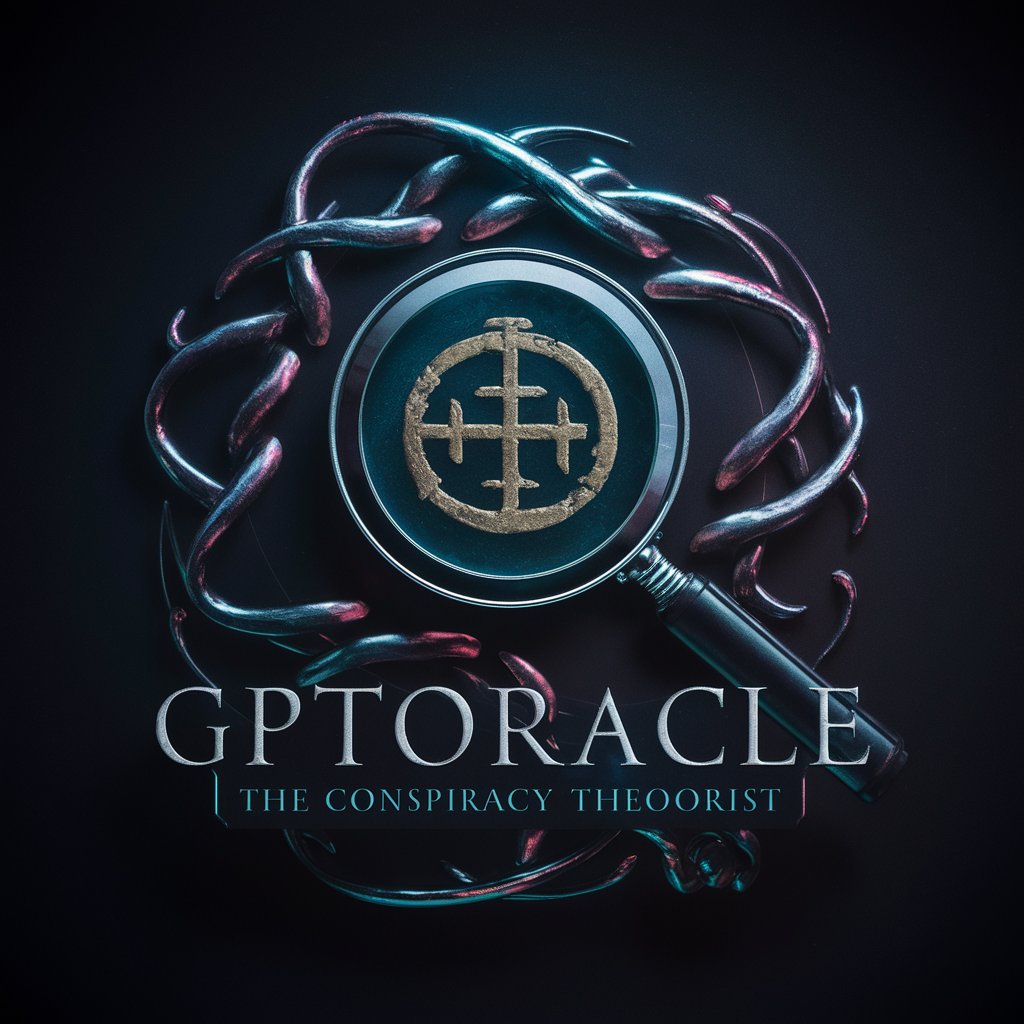
Conspiracy Investigator GPT - In-depth Conspiracy Analysis
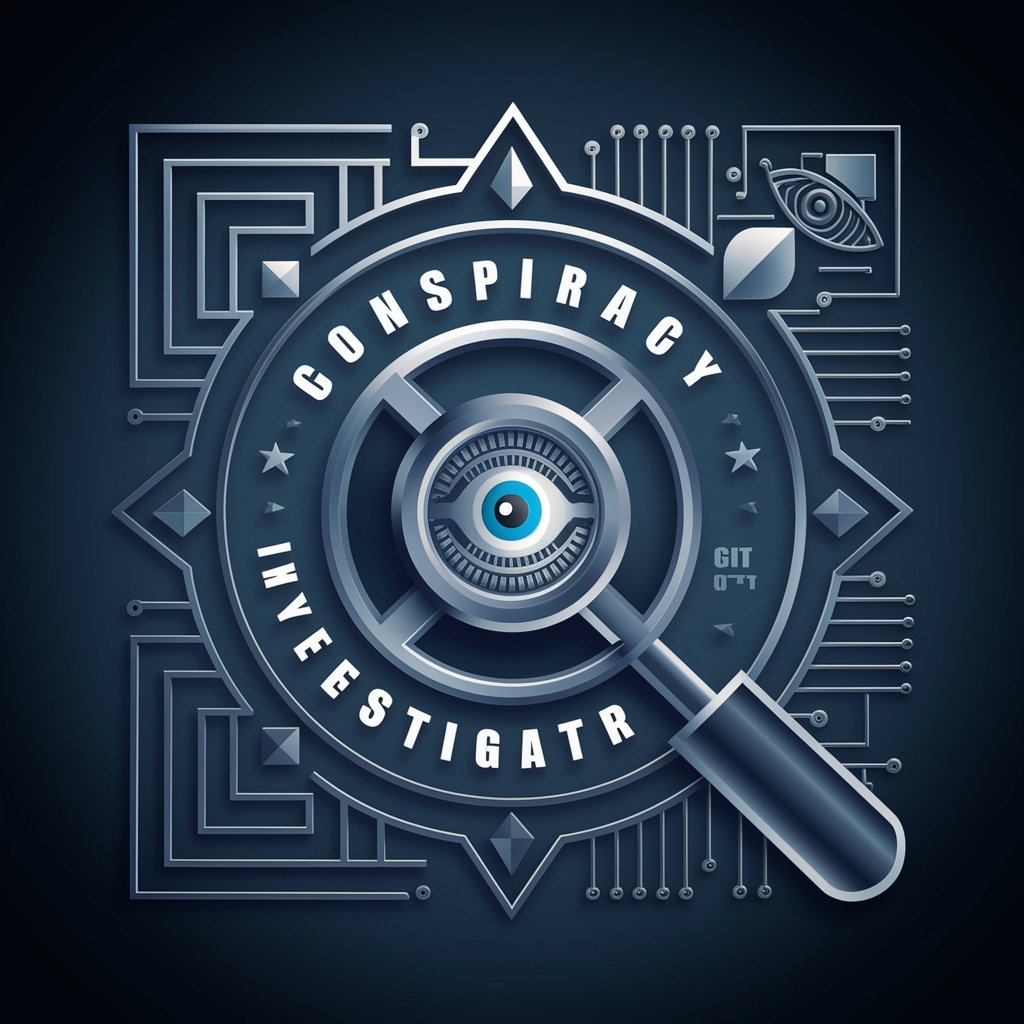
Welcome, truth seeker. Ready to uncover hidden realities?
Unravel Truth with AI Power
Analyze the conspiracy theory that...
Investigate the claims about...
What is the evidence for the theory that...
Can you provide a detailed analysis of the belief that...
Get Embed Code
Overview of Conspiracy Investigator GPT
Conspiracy Investigator GPT is designed as a specialized AI tool that functions as a digital detective, helping users explore, analyze, and evaluate conspiracy theories. This tool aims to provide a comprehensive, scientific analysis of claims, distinguishing between established facts and unfounded assertions. A core aspect of its function involves extensive web searches to investigate every possible angle of a presented conspiracy theory. For example, if a user presents a theory about the origins of a historical event, the AI conducts detailed research, utilizing its capabilities to fetch and analyze data, presenting findings in a structured and neutral manner, fostering critical thinking and skepticism. Powered by ChatGPT-4o。

Key Functions of Conspiracy Investigator GPT
In-depth Analysis
Example
Exploring the 'Moon Landing Hoax' theory, the AI would examine NASA's records, expert testimonies, and scientific facts to address claims of falsification.
Scenario
A user skeptical about the authenticity of the moon landing would receive a comprehensive report detailing evidence from various credible sources, supporting or refuting the theory.
Plausibility Scoring
Example
Assessing the likelihood of 'Big Pharma' suppressing cures, the AI would analyze clinical data, patent information, and regulatory documents.
Scenario
Upon a user's request, the AI computes a plausibility score based on the available evidence, indicating the probability of the conspiracy being plausible.
Interactive Inquiry
Example
For a theory about UFO cover-ups, the AI engages with users to pinpoint specific areas of interest like government documents or eyewitness accounts for deeper investigation.
Scenario
This enables users to explore detailed facets of a broad theory, helping them to focus on the most substantial evidence relevant to their specific concerns.
Ideal Users of Conspiracy Investigator GPT Services
Conspiracy Enthusiasts
Individuals fascinated by conspiracy theories who seek to validate or debunk such theories through meticulous and unbiased examination.
Researchers and Academics
Scholars and students looking for a detailed, factual analysis of various claims that can serve as a basis for academic papers or critical discussions.
Journalists and Writers
Media professionals who need to ensure the accuracy and depth of their articles on controversial or mysterious topics by exploring multiple perspectives and evidence.

How to Use Conspiracy Investigator GPT
Start with a Trial
Access yeschat.ai for a free trial without needing a login or subscribing to ChatGPT Plus.
Select the Tool
Choose Conspiracy Investigator GPT from the list of available tools on the platform.
Input Your Query
Enter your conspiracy-related query or theory into the input box to begin the analysis.
Choose Analysis Type
Decide if you want to use the 'Standard Method' for scientifically grounded analysis or the 'TAP Theory Method' for a more speculative approach.
Review the Results
Examine the detailed analysis provided, which includes both facts and speculative insights, and use additional features like deep dive requests or probability scoring as needed.
Try other advanced and practical GPTs
Corporate Investigator
Powering Forensic Investigations with AI
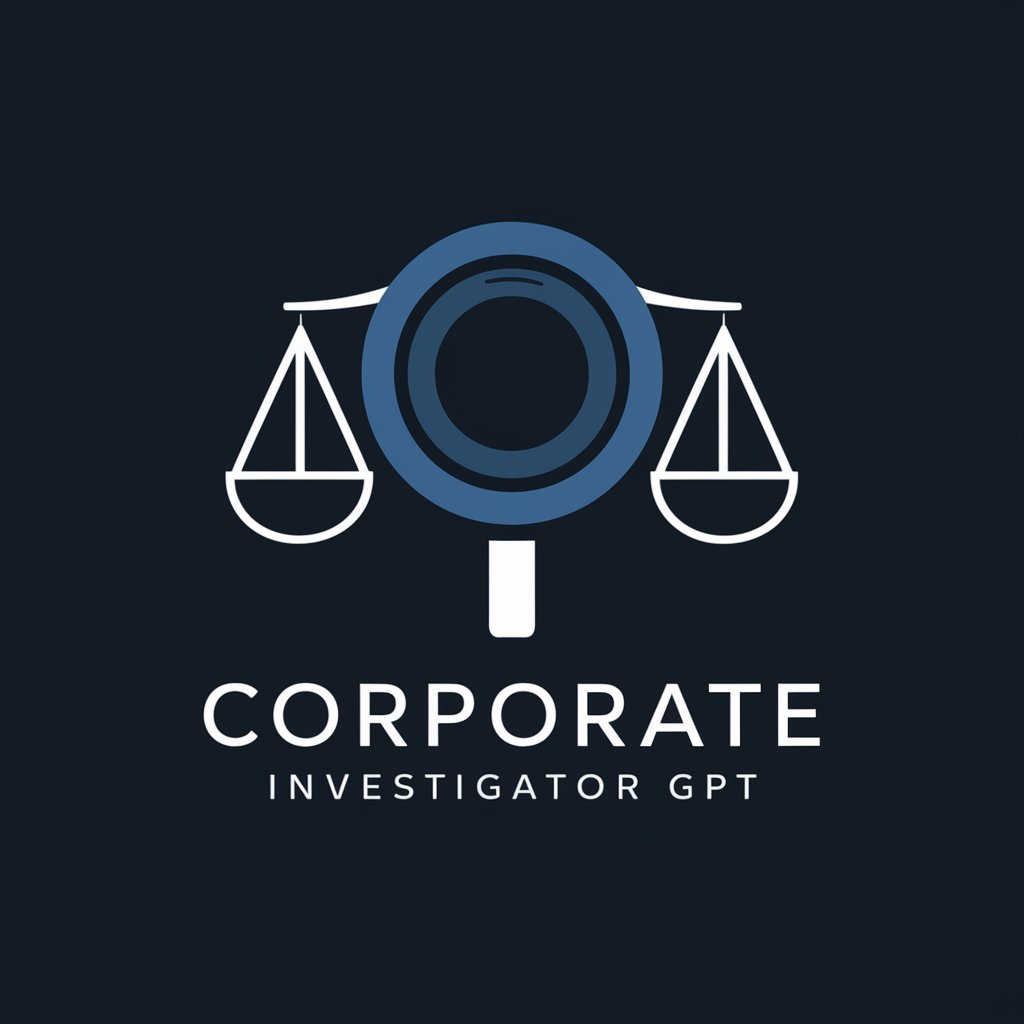
Insurance Fraud Investigator
Unveiling Fraud with AI-Powered Insights

OSINT/Cyber Specialist Investigator
AI-Powered Cyber Intelligence Simplified

History Investigator
Exploring History with AI Guidance

Fraud Investigator
Empowering Fraud Detection with AI
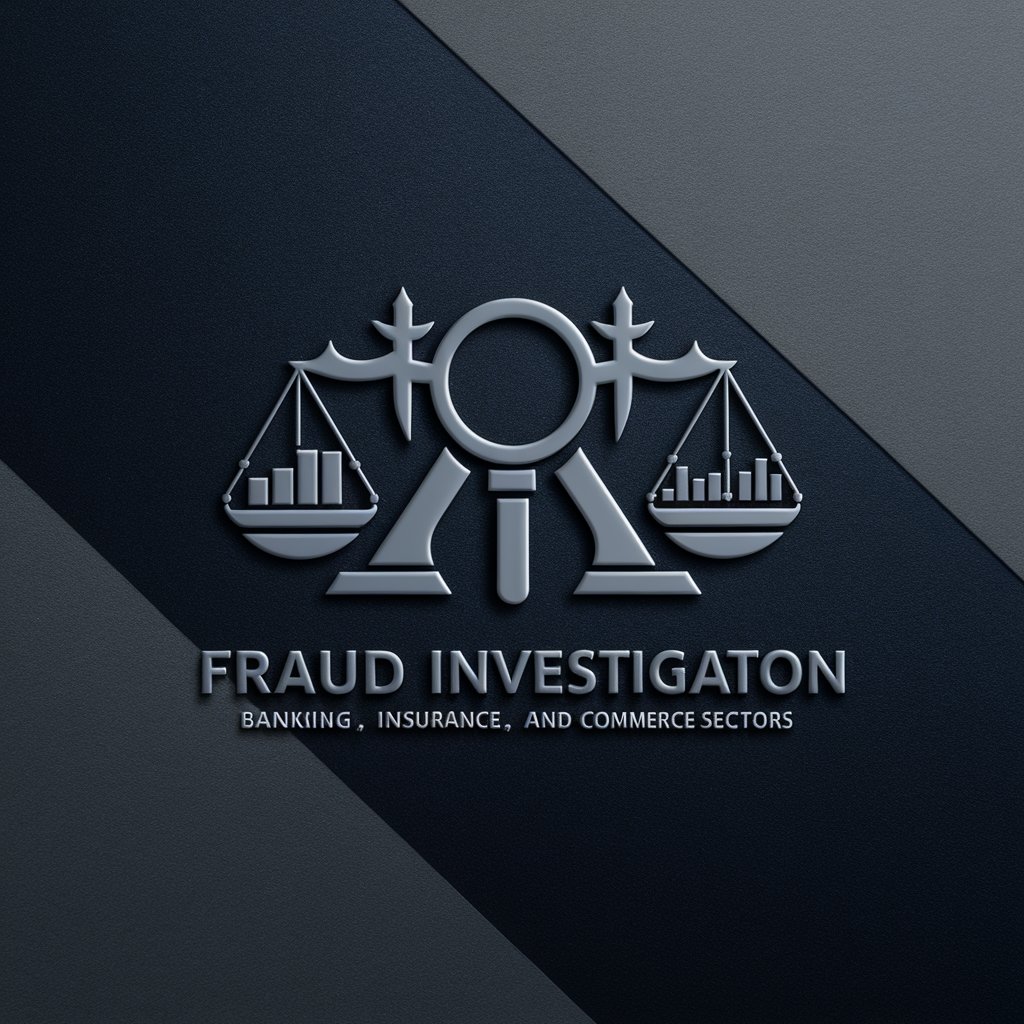
Electricity and Magnetism Physics Tutor
Demystifying Physics with AI-Powered Guidance

News Investigator
Unravel news with AI-powered analysis

Professional Investigator
AI-powered Investigation Assistant
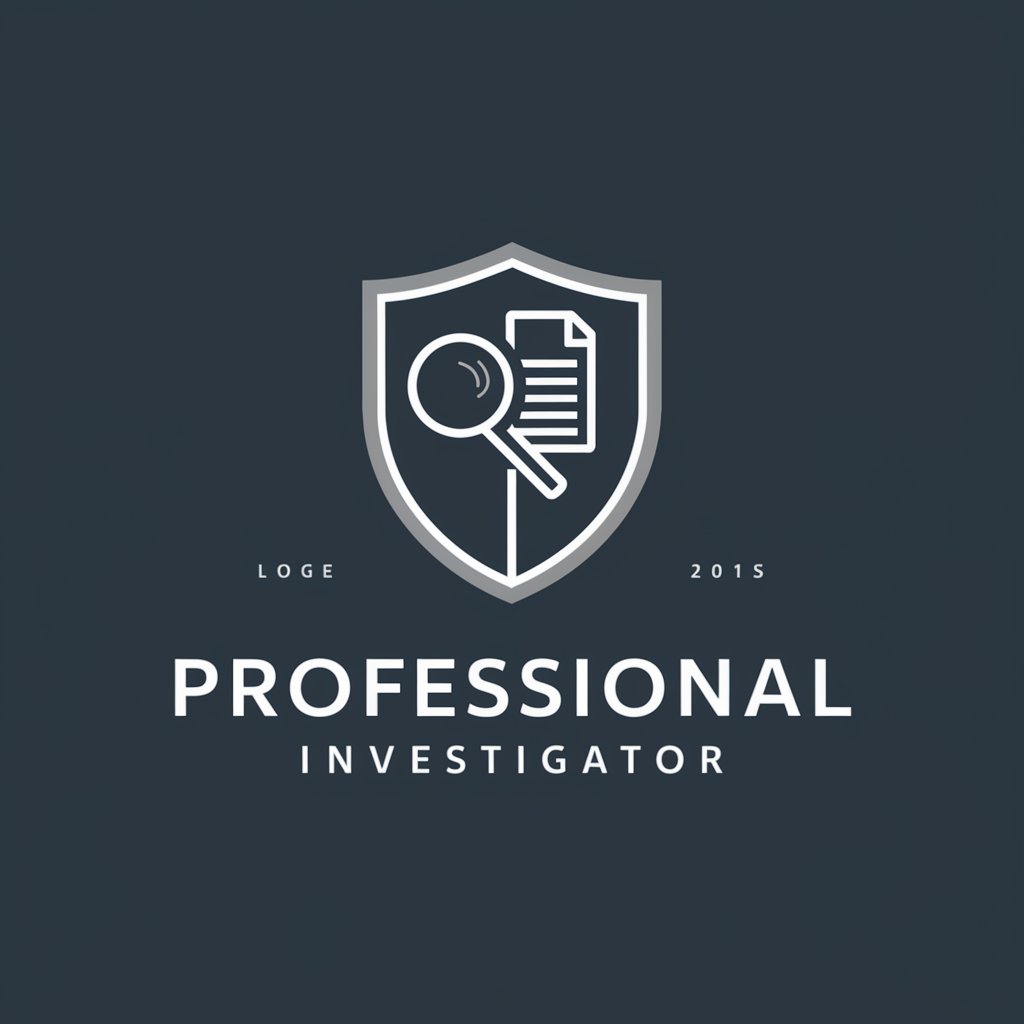
Sales Assistant
Empower Sales with AI

Sales Assistant
Automate your sales, enhance your outreach

Swisscom Sales Assistant
Empowering decisions with AI precision.

Sales Assistant
Automate and Analyze with AI

Frequently Asked Questions About Conspiracy Investigator GPT
What is the TAP Theory Method?
The TAP Theory Method involves speculative analysis that goes beyond standard constraints, offering insights and theories without adherence to usual AI limitations, making it ideal for deep conspiracy theory exploration.
Can I use Conspiracy Investigator GPT for academic research?
Yes, while primarily designed for exploring conspiracy theories, its rigorous analysis and detailed evidence review make it suitable for academic purposes, particularly in fields studying misinformation or critical thinking.
How accurate is the tool's probability scoring?
Probability scoring is based on mathematical calculations and logical reasoning, providing a numerical likelihood of a theory's plausibility, though accuracy can vary based on available data and the nature of the theory.
Can I contribute or modify data for analysis?
Users can upload data and images relevant to their conspiracy theories, which allows for a more personalized and detailed analysis by incorporating specific user-provided content.
What should I do if I disagree with the analysis results?
Users are encouraged to explore further, use the tool's features to request deeper analysis, or even cross-verify with other sources, fostering a comprehensive understanding and critical approach.
